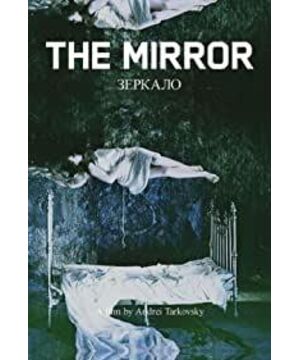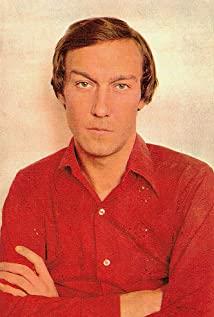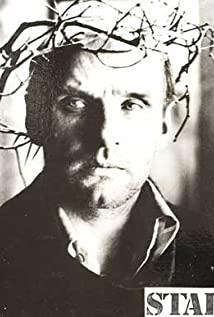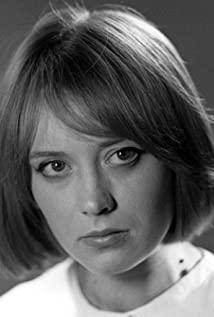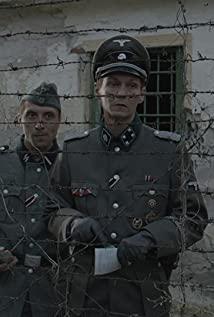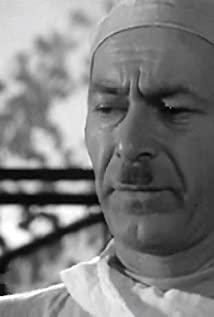Tarkovsky said,
The primary material with which the filmmaker works is time.
So let's talk about time before talking about movies.
Generally speaking, our perception of time is the passing of minutes and seconds on a clock. This idea is Newton's physical absolute space-time. No matter how all things in the universe change, absolute space-time is a frame in which every abstract unit is homogeneous. One day, one hour, one minute, one second, time passes evenly under the division of this framework, which can be abstracted and measured evenly.
Bergson challenges this view, arguing that it is the time of science rather than the time of life. The real time is "duration", and "duration" is like a piece of music, we always feel it as a whole, rather than breaking it down into individual notes. Bergson's view of time believes that any moment of time is unique, that any consciousness of the flow of life, any event, is generated from the whole, the whole personality, not governed by any preconditions, but the essence of life. extension of heterogeneity
Back to movies.
If the property of an object is extension, it means that the object always occupies a position in space. If this space is a homogeneous cosmic frame, and time is a homogeneous line accumulated by successive moments, then time is spatialized, and causality is based on the concept of spatialization of time superior. Causation is only possible when two things are understood to be in different positions one after the other.
The reason why "Mirror" is confusing (though the director thinks it's a very simple story) is that the scenes in the movie are disordered and have no causal relationship. This autobiographical film covers three stages of the director's life, childhood in the thirties, teenagers in the forties and middle age in the sixties. But the narrative is not unfolded according to this absolute space-time framework, and there is no logical sequence relationship between events. For example, the mother in the 60s can appear in the same scene as the director himself in the 40s. It seems that his life is not only living in the present, but also in some complex time zone, between the past and the present, where the past is but still exists, where the past is not the past. It was as if those time blocks were captured by the director and then randomly thrown onto the film.
The reason why this common sense seems chaotic is that in Tarkovsky's lens, time is not a homogenous absolute time that can be evenly divided and measured, but a Bergsonian "duration". ”, is the consciousness and events generated through the stream of the director’s own life (sadness and nostalgia for childhood, uneasy mother’s relationship, and war memories brought about by World War II), but whether it is Tarkovsky or Bergson, None of them create time, but take advantage of the given time—for Tarkovsky, the inherent time of the shot itself. This ensures both the subjectivity required to create an autobiographical film work, and the objectivity and readability of the director's connection to the world. (Give a humble audience like me a chance to peek into the master's realm and experience the heterogeneity of time)
View more about Mirror reviews


